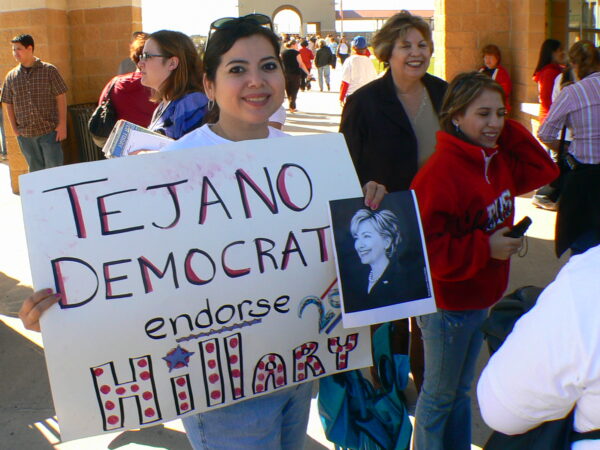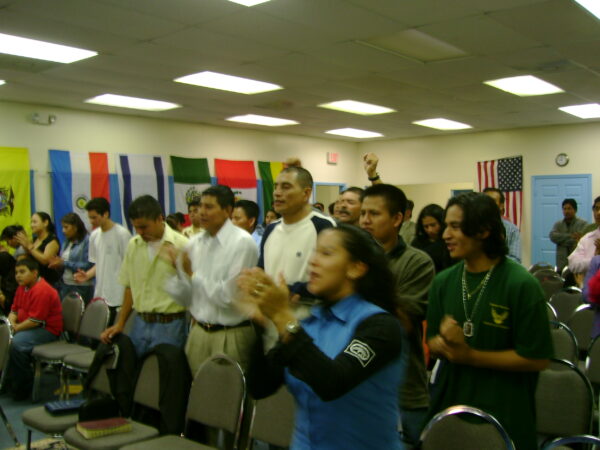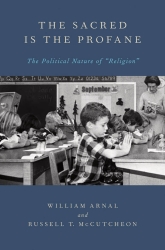
Pentecostals’ political commitments reflect processes of memory and amnesia, assimilation and identity… the stronger the memory of sojourning, migration and exile, the healthier the entrails of compassion for the soujourner’s wellbeing; the greater the distance from the memory of a wandering past, the greater the buy-in to a nationalistic Malthusian ideology that, among other things, paints the sojourner as law-breaking menace to the host society.

We see this wholesale adoption of White Evangelical practices in the Latino/a Evangelicals’ increasing support of the White nationalist philosophy which undergirds the White Evangelical theological position. The 2016 presidential election, Trump’s subsequent term in office, and the 2020 presidential election have made this all much more publicly clear.
Led by the NC chapter of the NAACP and its charismatic president, the Rev. Dr. William Barber, protestors have every Monday for the past ten weeks come out to the state legislature building in Raleigh, NC to voice their opposition to a spate of conservative legislative measures. Since gaining control of both the legislature and the governor’s office for the first time in 100 years, the GOP has rapidly pushed through a string of regressive, ideologically-driven laws, often using tactics not fully on the up and up.
Hope is not drawn from the world-that-is. Hope is grounded in perceptions of the world-that-ought-to-be. It arises from the power of the world-that-ought-to-be. For Christians, the world-that-ought-to-be is the eschatological Kingdom of God. It is expected in the future, in God’s time. But, it is also in the present, which is God’s time. The Kingdom is a perpetual possibility, even as its realization must be perpetually deferred in its fullness.

